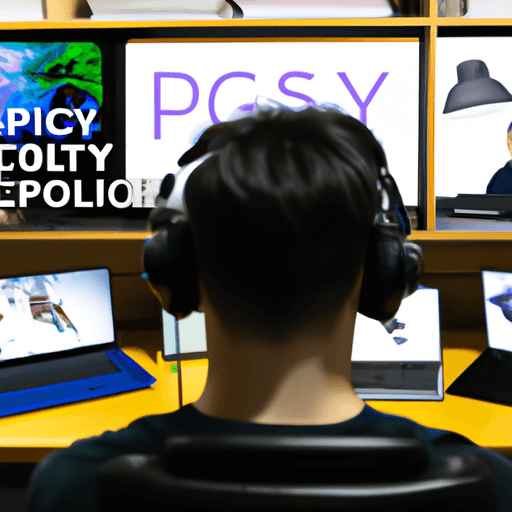Introduction
In the 21st century, video gaming has evolved from being a leisure activity to a billion-dollar industry. eSports, a form of competition involving video games, has gained considerable attention worldwide. This burgeoning subject compels us to analyze not just the competitive nature and technical aspects but also the profound implications it exerts on a player’s psychological and social behaviour.
The Psychological Impact
As per findings from various psychologists and industry experts, eSports can significantly shape a player's psychological health. The high-stakes and competitive nature of these games can evoke a broad range of emotions and state of mind in players. From the thrill of victory to the despair of defeat, players undergo an emotional rollercoaster that can either make or break them.
A study conducted by the American Psychological Association discovered that eSports players often face high pressure and stress levels. This emotional stress can lead to anxiety, depression and other mental health issues. Addressing these challenges requires a comprehensive mental health support system within the eSports industry.
Development of Social Skills
eSports, especially those requiring team efforts, demand a high degree of social skills from the players. These games serve as platforms where players need to effectively communicate, collaborate and strategize with their teammates. Irrespective of geographical barriers, the players forge connections and develop friendships. Thus, participating in eSports not only enhances a player's in-game tactics and abilities but also fosters their overall personal growth.
The Significance of Social Skills in eSports
Contrary to traditional sports where all team members function in a single physical space, eSports necessitates complex coordination across multiple virtual platforms. In this scenario, social skills become a crucial asset. Communication, leadership, empathy, and emotional intelligence play a significant role in shaping a team’s performance and the personal growth of an individual player.
Alex Mullings, a renowned professional gamer, once highlighted how collaborating with teammate from different cultures helped him understand and respect diversity. This further emphasizes the role of social skills in eSports.
Potential Risks, Challenges, and Benefits
Despite the potential for personal growth and skill development, the world of eSports is not without its challenges. High stress, cyberbullying, addictive behaviours, and isolation are some of the associated risks. Moreover, the competitive nature can also lead to burnout. It is, therefore, fundamental to create a balanced eSport culture.
On the positive side, players who effectively navigate these challenges can hone their problem-solving skills, augment their decision-making abilities, and develop resilience. Several psychologists believe that such skills gleaned from eSports can be beneficial in real-world scenarios as well.
Conclusion
In conclusion, the impact of eSports on players' psychological health and social skills is profound. While it poses certain challenges, the world of eSports also offers a unique platform for personal growth and skill development. As the eSports industry continues to grow, so does the need for structured support systems that foster positive mental health, social interaction, and personal development among players.



















Comments
Leave a Comment